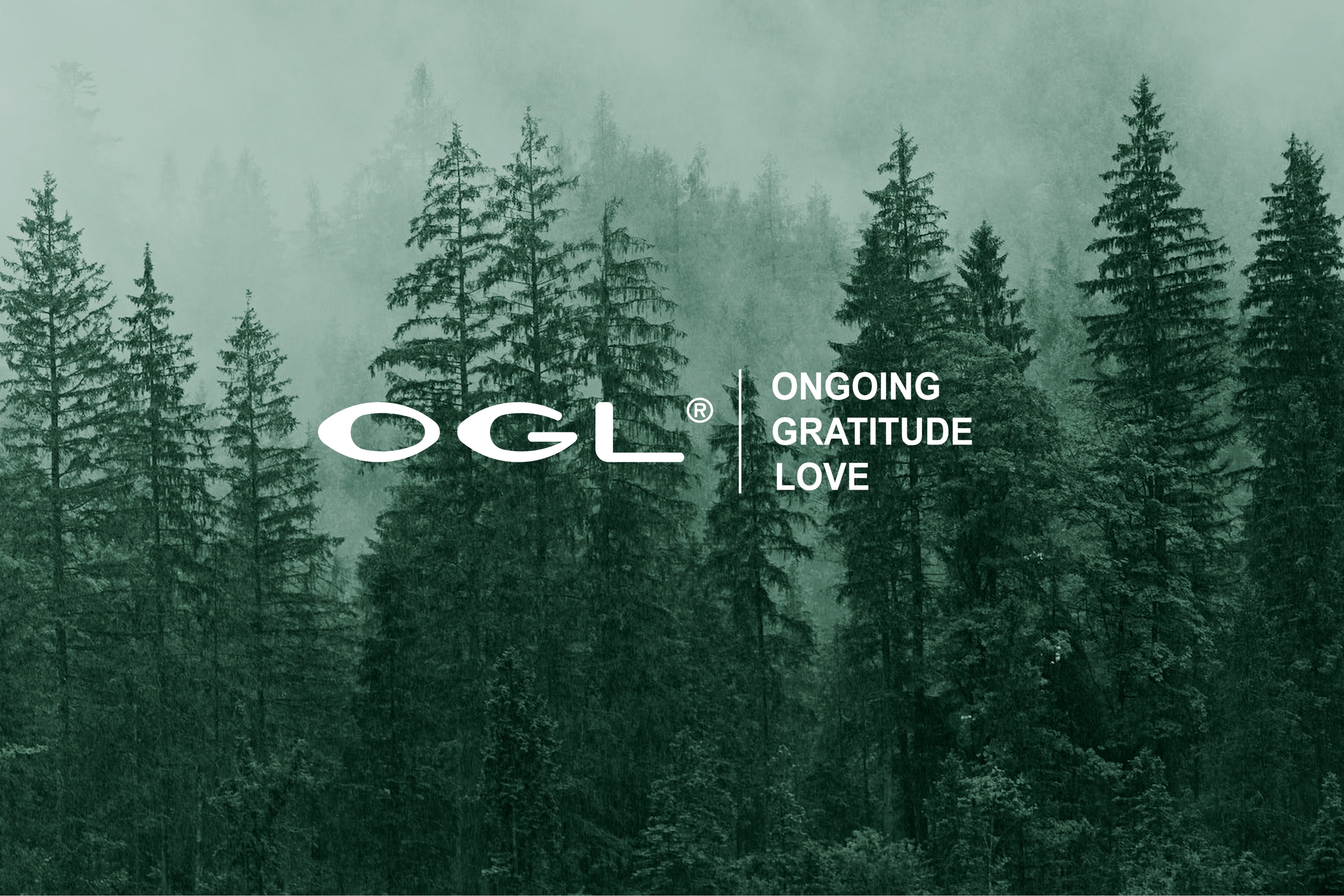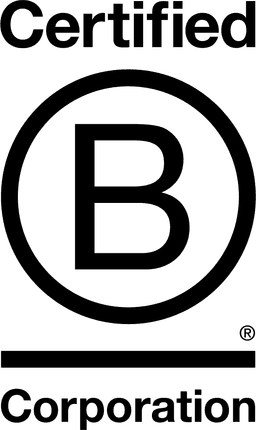

Guangzhou Dongchen Intelligent Manufacturing Supply Chain Co.,Ltd

Guangdong, China
July 2024
Apparel
Wholesale/Retail
Andorra,
Australia,
Austria,
Bahrain,
Barbados,
Belgium,
Brazil,
Brunei,
Canada,
China,
Cyprus,
Czech Republic,
Denmark,
Estonia,
Finland,
France,
Germany,
Greece,
Hong Kong S.A.R.,
Hungary,
Iceland,
Ireland,
Israel,
Italy,
Japan,
Luxembourg,
Macau S.A.R.,
Netherlands The,
New Zealand,
Norway,
Poland,
Portugal,
Qatar,
Singapore,
Slovakia,
South Korea,
Spain,
Sweden,
Switzerland,
Taiwan,
United Kingdom,
United States
OGLmove is a charismatic fashion brand that blends personal style with environmental responsibility. The brand name "OGL" stands for "Ongoing Gratitude Love", which is not only our logo but also our core philosophy. At OGLmove, we believe that every day should be a meaningful experience and that every piece of clothing should convey a message of gratitude and love. As a proud partner of 1% for the Planet, OGLmove donates 1% of every revenue to environmental causes. We firmly believe that the fashion industry has a responsibility to contribute to a sustainable future for the planet. Every time a customer makes a purchase, they are contributing to the creation of a healthier planet. OGLmove actively responds to and supports the United Nations Sustainable Development Goals. We incorporate these global goals into our business model and product design, striving to find a balance between fashion and responsible living. Each of our products carries love for the wearer and the world around them. From the selection of eco-friendly materials to the optimisation of the production process, OGLmove always adheres to the principles of sustainability without sacrificing style and comfort!
Overall B Impact Score
Governance 9.9
Governance evaluates a company's overall mission, engagement around its social/environmental impact, ethics, and transparency. This section also evaluates the ability of a company to protect their mission and formally consider stakeholders in decision making through their corporate structure (e.g. benefit corporation) or corporate governing documents.
What is this? A company with an Impact Business Model is intentionally designed to create a specific positive outcome for one of its stakeholders - such as workers, community, environment, or customers.
Workers 24.3
Workers evaluates a company’s contributions to its employees’ financial security, health & safety, wellness, career development, and engagement & satisfaction. In addition, this section recognizes business models designed to benefit workers, such as companies that are at least 40% owned by non-executive employees and those that have workforce development programs to support individuals with barriers to employment.
Community 34.6
Community evaluates a company’s engagement with and impact on the communities in which it operates, hires from, and sources from. Topics include diversity, equity & inclusion, economic impact, civic engagement, charitable giving, and supply chain management. In addition, this section recognizes business models that are designed to address specific community-oriented problems, such as poverty alleviation through fair trade sourcing or distribution via microenterprises, producer cooperative models, locally focused economic development, and formal charitable giving commitments.
What is this? A company with an Impact Business Model is intentionally designed to create a specific positive outcome for one of its stakeholders - such as workers, community, environment, or customers.
Environment 24.0
Environment evaluates a company’s overall environmental management practices as well as its impact on the air, climate, water, land, and biodiversity. This includes the direct impact of a company’s operations and, when applicable its supply chain and distribution channels. This section also recognizes companies with environmentally innovative production processes and those that sell products or services that have a positive environmental impact. Some examples might include products and services that create renewable energy, reduce consumption or waste, conserve land or wildlife, provide less toxic alternatives to the market, or educate people about environmental problems.
What is this? A company with an Impact Business Model is intentionally designed to create a specific positive outcome for one of its stakeholders - such as workers, community, environment, or customers.
Customers 4.7
Customers evaluates a company’s stewardship of its customers through the quality of its products and services, ethical marketing, data privacy and security, and feedback channels. In addition, this section recognizes products or services that are designed to address a particular social problem for or through its customers, such as health or educational products, arts & media products, serving underserved customers/clients, and services that improve the social impact of other businesses or organizations.